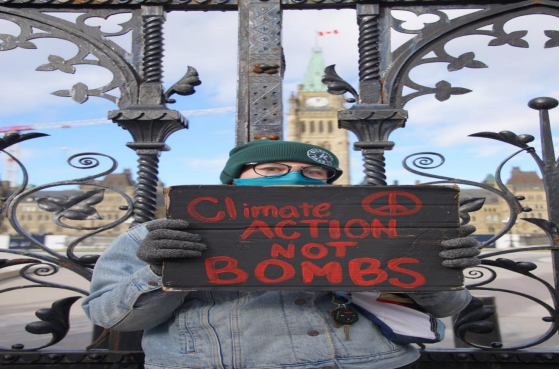By Solomon Esadu
In the radiant setting of Dubai, the United Arab Emirates, COP28 has taken centre stage as nations unite in a collective effort to forge binding resolutions combating the perils of climate change. The scientific community emphasises that to avert catastrophic climate consequences, global human-caused carbon dioxide emissions must plummet by approximately 45% by 2030, culminating in achieving Net Zero.
The pursuit of Net Zero entails a reduction in greenhouse gas emissions, ensuring that any ongoing emissions are counterbalanced by removals. This concerted effort is part of the global race to zero campaign, which seeks to eliminate excessive carbon in the atmosphere. The urgency is underscored by the imperative to adhere to the Paris Agreement, which aims to limit the global average temperature increase to well below 2°C with the pursuit of restraining it to 1.5°C.
However, the nexus between climate change and food security emerges as a critical factor influencing humanity’s well-being. Reports from the UN Climate Change News in October 2020 warned that rising temperatures, sea levels, and extreme weather events threaten human health, safety, and socio-economic development worldwide, with Africa being particularly vulnerable.
UN Secretary-General Antonio Gutiérrez emphasised the profound impact of climate change on the African continent, exacerbating challenges like food insecurity, population displacement, and stress on water resources. He noted, “The human and economic toll has been aggravated by the COVID-19 pandemic.”
The intertwining of food security and climate change is a linchpin for livelihoods globally. Adverse impacts on food systems necessitate adaptive responses. Global temperature increases have altered land suitability for crop and livestock production, leading to immediate losses. Risk management frameworks must be developed to address these challenges, particularly in rural areas.
Furthermore, shifts in vectors and natural habitats of pests and diseases, influenced by temperature increases, affect global supplies and market prices. Mitigation strategies include the greater use of alternative fuels for electricity and cooking. Changes in rainfall and snowfall patterns affect soil moisture retention, aquifer recharge rates, and crop yields. New farming techniques must be adopted to align with these climatic shifts.
As COP28 unfolds, the global community must acknowledge that effective climate action and food security are intertwined. The success of conferences like COP relies not only on measuring progress and identifying areas for improvement but also on engaging energetic youth, supporting youth-led initiatives, and collaborating with local governments to disseminate information to grassroots communities.
In conclusion, true progress in climate action requires a holistic approach that incorporates sustainable development, echoing the sentiment encapsulated in #SDG17. As the world converges in Dubai, let us bridge the gap between climate change resolutions and on-the-ground impact, ensuring a sustainable and resilient future for all.


